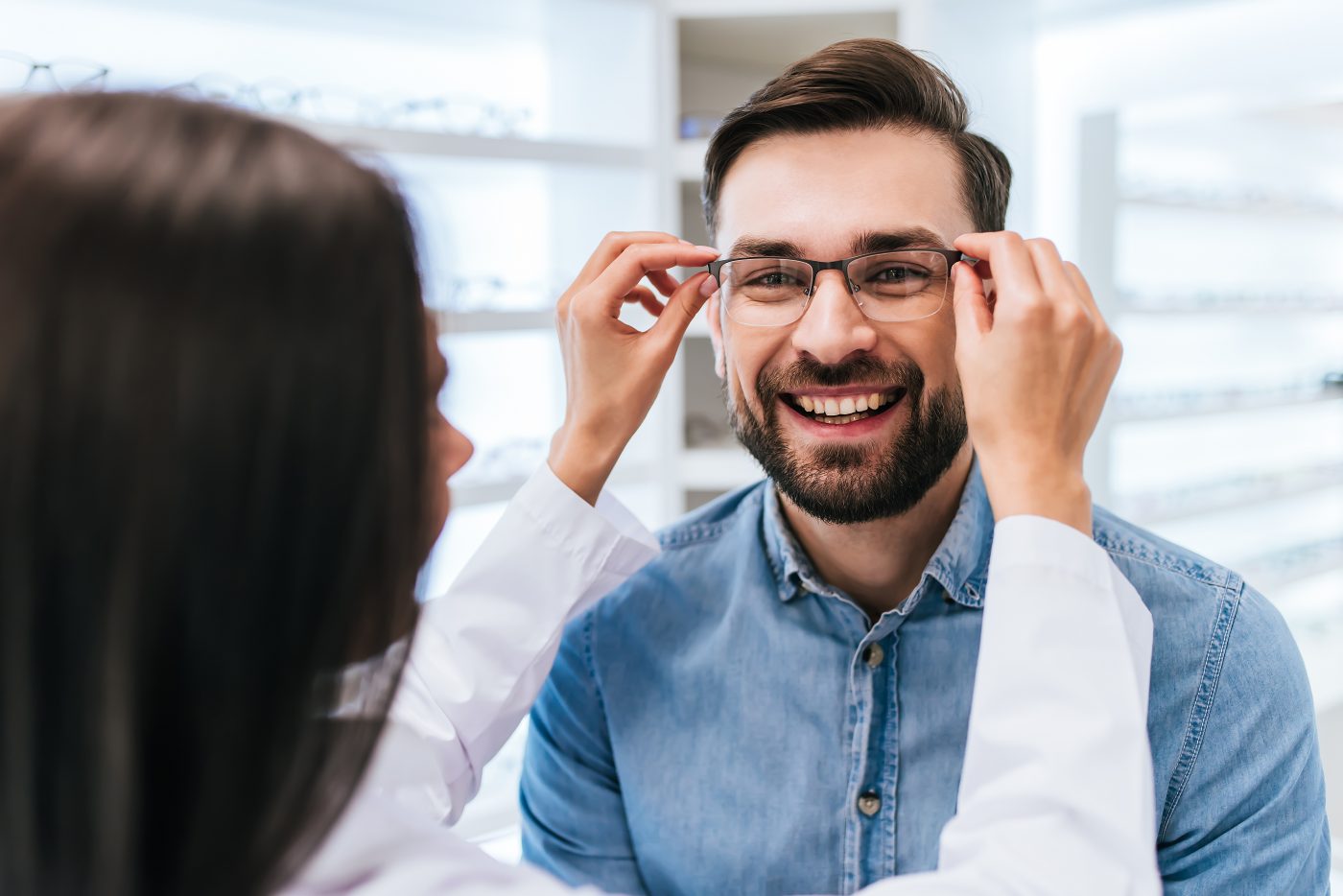
LASIK Candidacy
Are You A Candidate For LASIK Eye Surgery? (Updated April 2024)
LASIK eye surgery may dramatically improve your life and the way you see it. Find out if LASIK is right for you. Learn more about the eligibility requirements or take our short LASIK candidacy quiz below.
Unlike many other providers, The LASIK Vision Institute offers a free, no-obligation consultation, so contact us today and speak with one of our Eye Care Counselors to get started.
Before going to your LASIK eye surgery consultation there are some eligibility requirements that can guide you in deciding if LASIK is the right procedure for you. LASIK laser eye surgery can correct common eye problems like myopia (nearsightedness), hyperopia (farsightedness), and astigmatism.

Eligibility requirements for LASIK surgery candidates:
While most people are safe candidates for LASIK eye surgery, your safety is the #1 priority of our team of LASIK surgeons and eye care professionals. Some of the conditions and criteria they look at to ensure they can achieve the safest, best outcomes possible from your LASIK eye surgery include:
- Your eye prescription should fall within certain prescription limits. Although with modern LASIK technology many prescriptions can now be safely treated (including some high degrees of myopia, hyperopia, and astigmatism), certain eye prescriptions are still outside of the range that LASIK physicians can safely treat.
- Certain eye diseases and conditions, including keratoconus, severe cataracts and severe cases of amblyopia, current infections, and certain retinal and optic nerve diseases, may render you a medical non-candidate for LASIK today.
LASIK Candidates Factors to Know
- You must be at least 18 years old.
- If you have diabetes or certain autoimmune diseases, they must be controlled to be a good candidate for LASIK eye surgery.
- Certain health conditions may require medications that can slow or prevent healing. You should tell your surgeon about all the medications you are taking and have taken in the last year.
- Because certain medications can slow healing, you should tell your LASIK physicians about medications you are taking or have recently taken, so they can help ensure your healing is safe and fast, as recovery from LASIK eye surgery should be.
- While hormonal fluctuations caused by pregnancy can impact vision stability, please consult with your LASIK physicians and health care professionals about how soon after you welcome your new addition to the family you can enjoy your LASIK. We know fussing with your glasses or contact lenses in the middle of the night when you’re exhausted and want to crawl back into bed as quickly as possible is no fun!


Considerations & Expectations for LASIK
In preparation for a LASIK procedure, you will not be able to wear contact lenses for an extended period of time before the surgery due to contacts temporarily altering the shape of your corneas. This amount of time will be determined by your eye doctor. For LASIK surgery this is very important. Discontinuing the wear of your contacts and allowing the shape of your cornea to go back to their natural state, your LASIK scan can accurately determine your specific eye dimensions. This will insure the laser is programmed to reflect your true visual state and allow the surgery to be its most effective.
It’s important you are committed to following the LASIK post-operative instructions from your physician, including:
- Resting your eyes immediately following surgery.
- Using prescribed and non-proscribed eye drops to continue to the lubrication of your eyes after surgery.
- Follow-up visits to check on progression of your eye healing and health.
- Restriction on some activities that could impair the healing processes (such as swimming).
LASIK eye surgery can be a great vision correction solution for many people. Click to learn more about LASIK facts by age range.
- LASIK Under 20
- LASIK In Your 20’s
- LASIK In Your 30’s
- LASIK In Your 40’s
- LASIK In Your 50’s
- LASIK In Your 60’s
Schedule A Free LASIK Consultation Today

Find a LASIK Surgery Location Near You
We’re located nationwide – it’s easy to find a LASIK Vision Center near you.